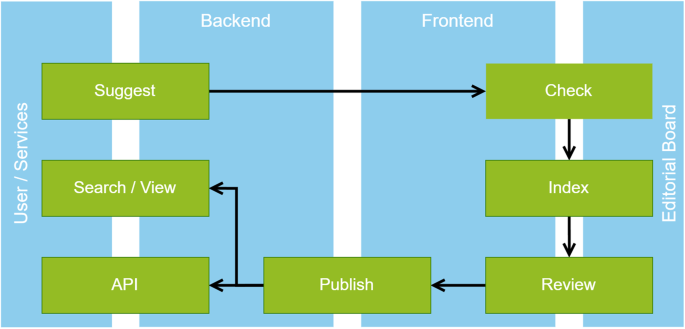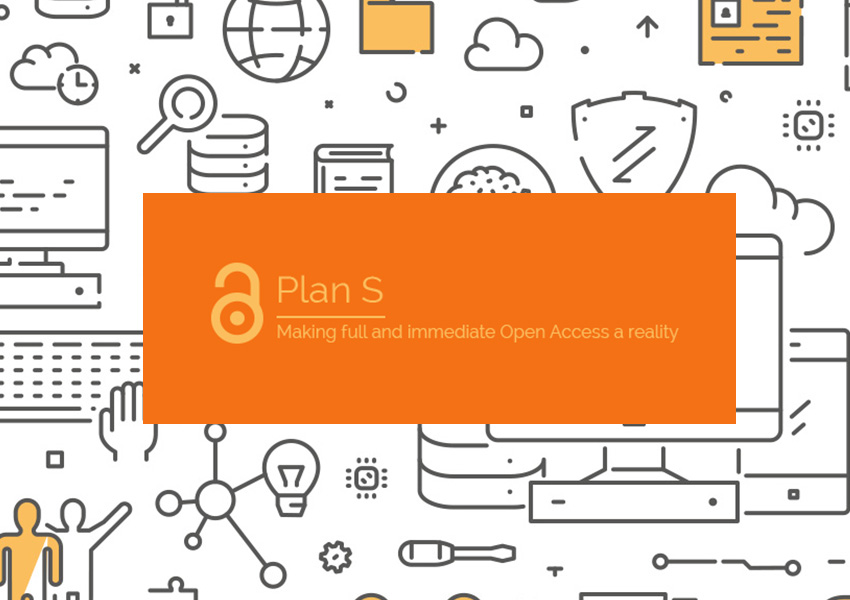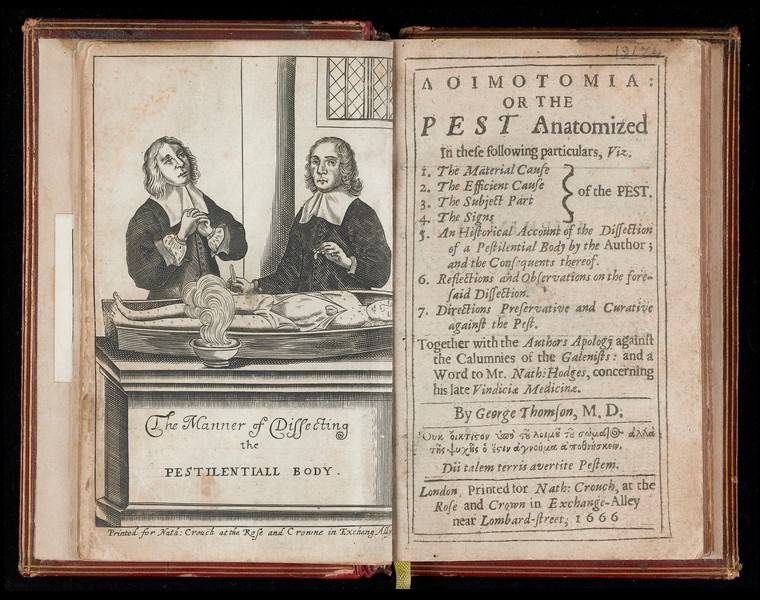New Guide on Trusted Repositories: Promoting Open Science and Meeting Grant Requirements
New Guide on Trusted Repositories: Promoting Open Science and Meeting Grant Requirements

Send us a link

For more than ten years, re3data, a global registry of research data repositories (RDRs), has been helping scientists, funding agencies, libraries, and data centers with finding, identifying, and referencing RDRs.

In the past few months, we've seen large commercial publishers express renewed concern that sharing author manuscripts in open repositories threatens the scholarly record because multiple versions undermine the "version of record". However, establishing and maintaining relationships to other versions of articles or research assets has already been shown to be successful in disciplinary and scholarly communities.

The rhetoric of some scholarly publishers lately has shown a troublesome trend with respect to Open Access repositories (often referred to as Green OA).

How can repositories contribute to their FAIR share? A Virtual workshop on June 1st about Equity and democratization of knowledge.
The National Library of Medicine (NLM) at the National Institutes of Health is hosting a free webinar for researchers to learn how to share, discover, and cite COVID-19 data and code in generalist repositories on April 24 from 2-3:45 p.m. ET.
The current COVID-19 crisis has prompted hand-wringing and self-reflection among some museum professionals. What, they are asking, is the point of a museum that remains closed to the public?

The European Open Science Cloud, an enormous repository of research results that is due to go live later this year, will add new value to vast stores of unused data, Ursula von der Leyen, European Commission president pledged on Wednesday.

This blog post is a joint announcement of an initiative by several publishers in collaboration with Fairsharing and DataCite to help authors select appropriate data repositories.
